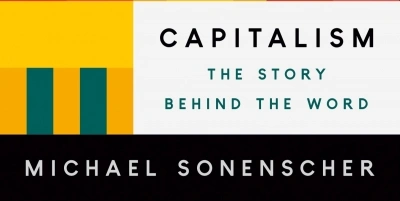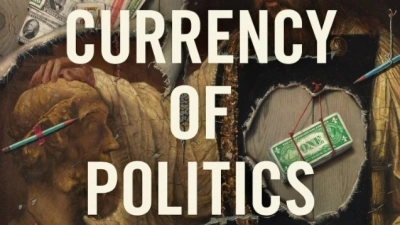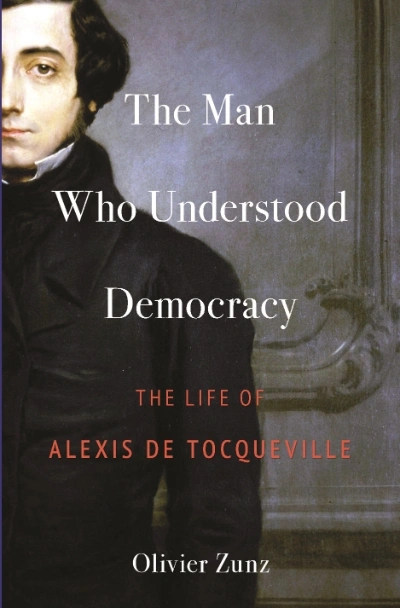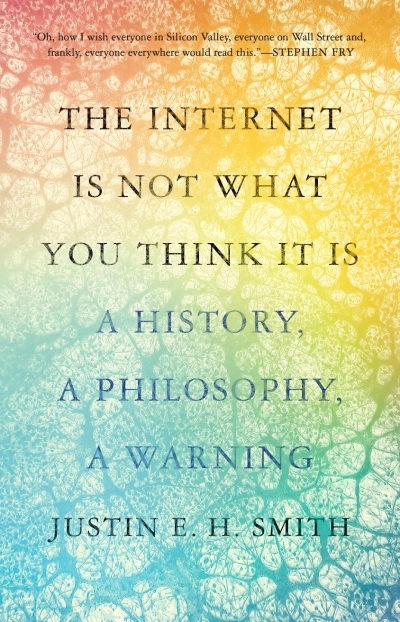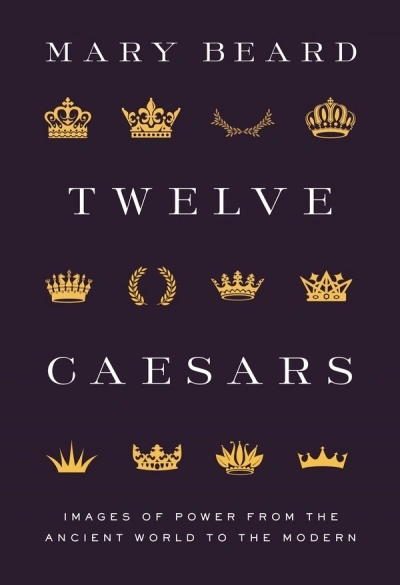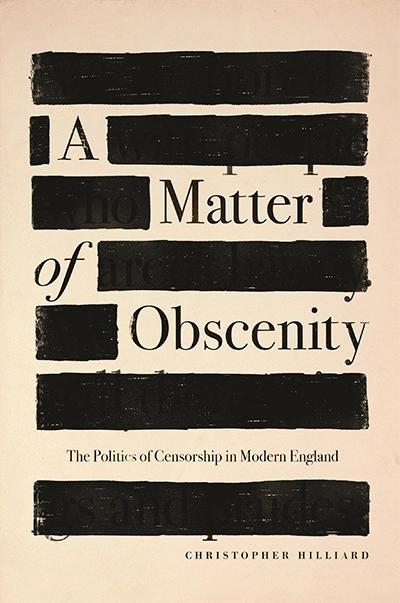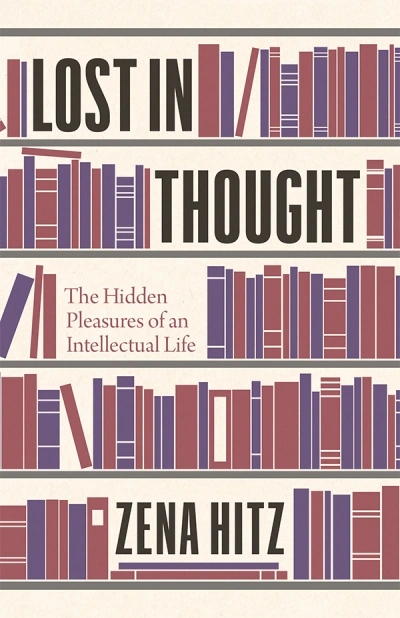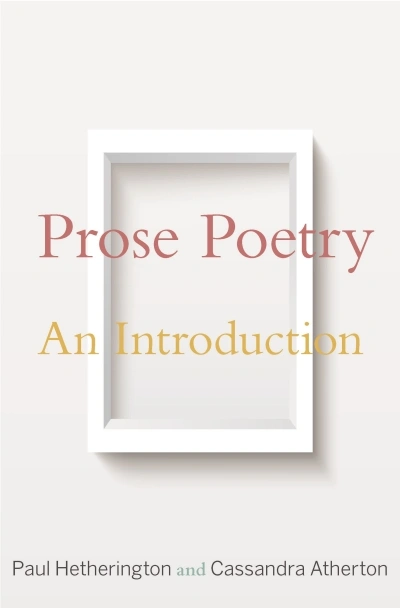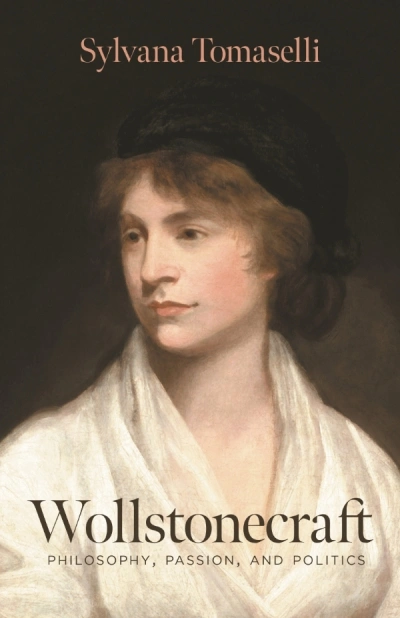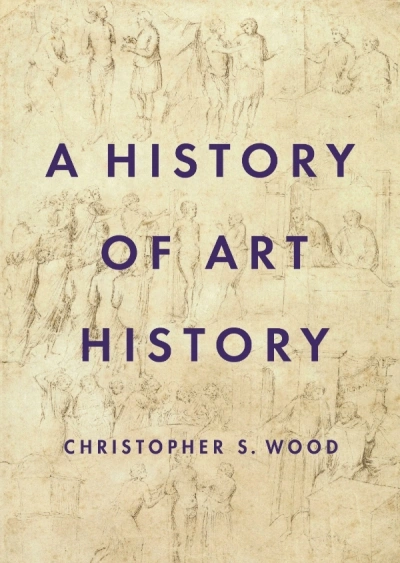Princeton University Press
The Man Who Understood Democracy: The life of Alexis de Tocqueville by Olivier Zunz
by Peter McPhee •
The Internet Is Not What You Think It Is: A history, a philosophy, a warning by Justin E.H. Smith
by Geordie Williamson •
A Matter of Obscenity: The politics of censorship in modern England by Christopher Hilliard
by Geordie Williamson •
Lost in Thought by Zena Hitz & The Battle of the Classics by Eric Adler
by Matthew R. Crawford •
Prose Poetry: An introduction by Paul Hetherington and Cassandra Atherton
by Anders Villani •
Wollstonecraft: Philosophy, passion, and politics by Sylvana Tomaselli
by David Kearns •


